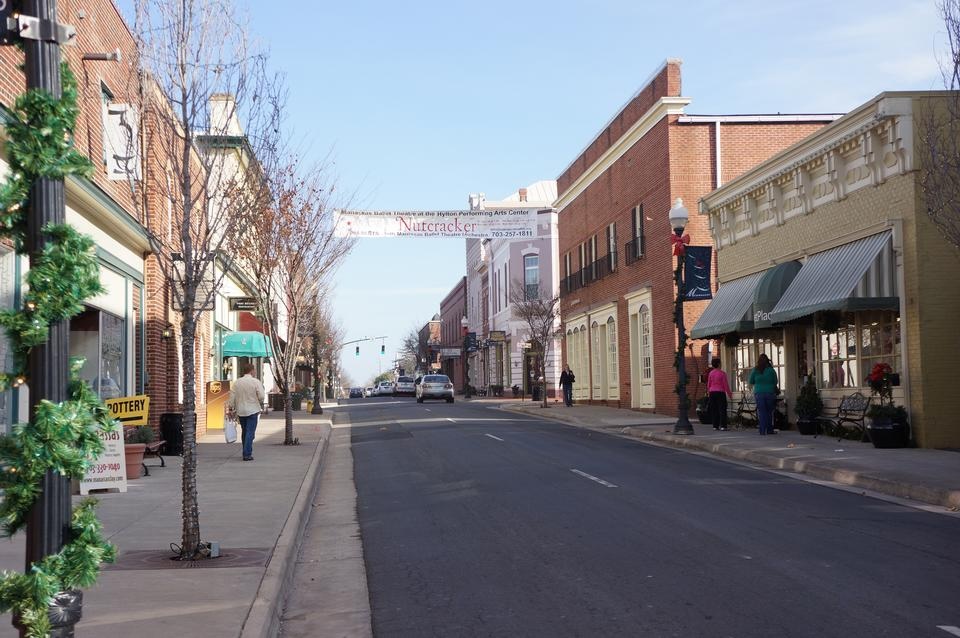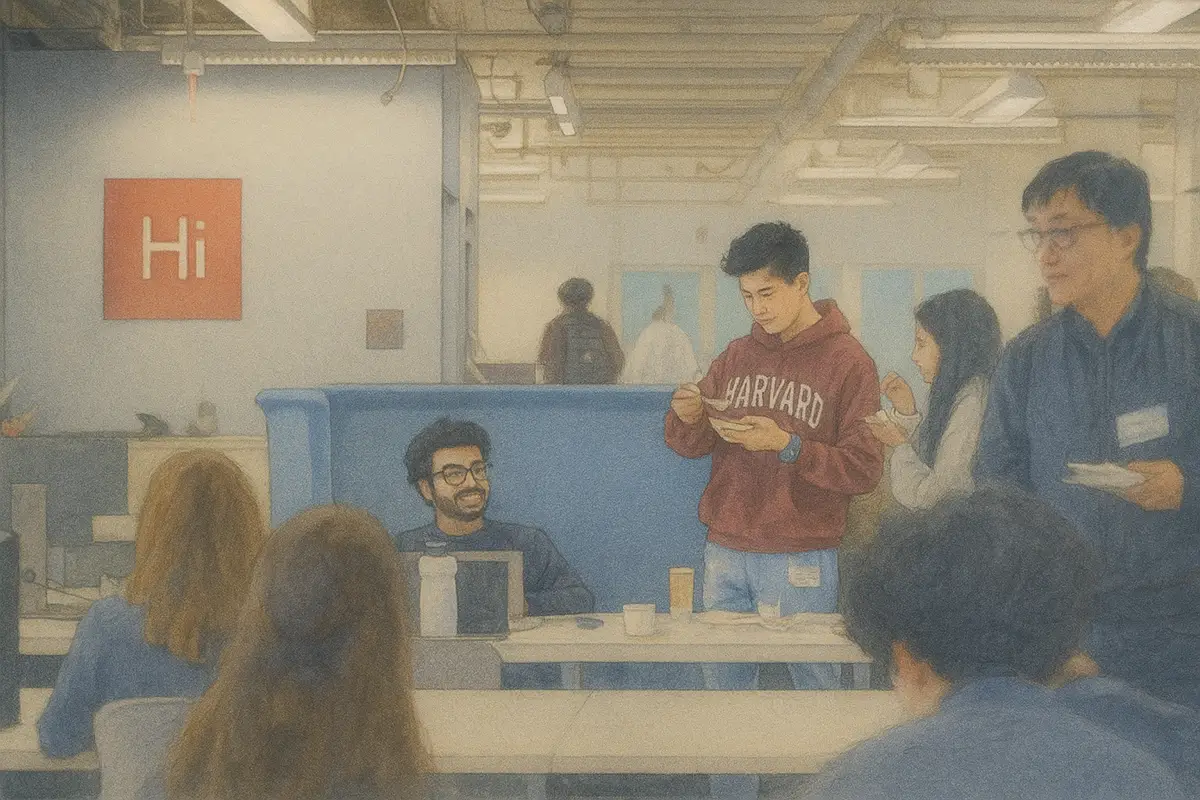
Home to nearly 500,000 people, Prince William County is the second largest county in Virginia. Among its population, on average, 20% of adults “counted [during the Point in Time Count] are chronically homeless each year.”
Dana Carey, Senior Business Services Administrator at the Prince William County Department of Social Services, oversees the Continuum of Care (CoC) that includes Prince William County, the City of Manassas, and Manassas Park, coordinating housing services and support for people experiencing homelessness across several organizations.
“We create policies and procedures to be efficient, we update homelessness service providers with important updates from the federal and state government, we hold trainings for new policies, we share resources for service providers, we provide technical assistance — we wear a lot of hats,” Carey explained. “And we do this for several organizations, from nonprofits to shelters to faith-based organizations.”
When asked about what it means to oversee a CoC, Carey told us that working in homelessness is hard work. “That’s why communication and collaboration are key,” she said. “It’s critical we support our staff and providers. We want them to know they have us to provide guidance and resources to operate programs and help people experiencing homelessness.”
But sending out ten or twenty emails a day to disparate organizations wasn’t driving the effective collaboration and engagement Carey and her team wanted. “When we were first approached about Civic Roundtable, it filled an immediate need for us.”
Carey explained the consequences of an email-based collaboration system. “Providers are incredibly busy, and public servants on the front lines can’t sit there and check their email all the time. There were situations where important emails containing grant information or invitations for trainings were missed. It was just piecemeal. We didn’t have any way to know who was getting the information or who was reading it.”
Since deploying Roundtable, those concerns are moot. “People know where to look for all the information they need. It’s in one place, it’s in Roundtable,” Carey said.
Carey made a point of drilling down on the importance of training. When new policies are put in place by the federal or state government, who both provide funding to local agencies to help combat homelessness, frontline service providers need to be trained. Carey and her team at the Prince William County Department of Social Services are responsible for building and distributing trainings.
But if an email is missed, training is missed. And even if a video is sent out afterwards, there’s no guarantee a frontline service provider will see it.
“Roundtable ensures everyone working to address homelessness in Prince William County maximizes the resources and information we share and have access to,” Carey said. “When we build and record a training, it lives on Roundtable forever, easily accessible to everyone. Rather than a video buried in an inbox, our providers can attend or watch the training when it works best for them. We’ve actually seen increased attendance and engagement at committee meetings and trainings thanks to Roundtable.”
And that’s true for more than video recordings of trainings. Every resource, every best practice, every piece of knowledge shared between peers across the CoC is captured in Roundtable’s Resource Hub, so everyone can get the most out of every resource.
Carey and her team had struggled to deploy traditional government tech tools to help everyone involved in homelessness collaborate, work more effectively, and ensure every resource goes further. “We kept getting stuck trying to create a shared platform. Something like a Sharepoint site is challenging because of the privacy and permissioning needed to ensure seamless collaboration with outside agencies. We need to be engaging with everyone — our team, the nonprofits, the faith-based organizations, and other government agencies. Existing tools just didn’t cut it.”
But Roundtable did. “Roundtable was easy for IT to set up, and it was minimal work for us to get going. It’s so easy to use and solved a long-time need for us.”
“Roundtable helps us all create and build relationships. Every organization is traditionally very siloed, but every day is an opportunity to learn something new. We’re sharing resources and knowledge, we’re quickly resolving edge cases and sharpening our skills as a community,” Carey continued.
In fact, Roundtable is serving another critical aspect of the CoC's work — accurately reporting data to the Department of Housing and Urban Development (HUD) via a Homeless Management Information System, or HMIS, which is a legal requirement. With a considerable amount of regulation and ongoing changes to rules, HMIS administrators are using a dedicated Roundtable Space to help each other keep up to date on critical work around data standards, reporting requirements and any new information.
“Whenever I see a success story in Roundtable, whenever we’re able to achieve something more quickly or more easily that we couldn’t do before, it’s a reminder of why we do what we do.”

Subscribe to our blog today for Roundtable news and product announcements, straight to your inbox.